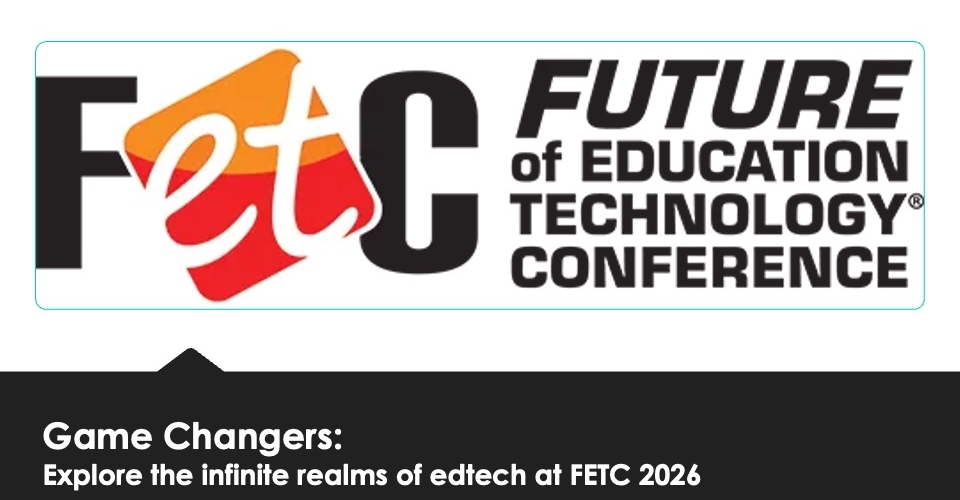Pushback against artificial intelligence will cease, graduation paths will prioritize career readiness and leaders will double down on safety are among the predictions for the upcoming school year.
Experts from several prominent solutions providers and education organizations shared with District Administration forecasts and trends that will define the 2025-26 school year. Here’s what they had to say.
Teachers embrace AI
According to Edson Barton, CEO of YouScience, “the game is over with trying to prevent AI in classrooms.” By this point, students know how to use the technology, and the rate of adoption among students and teachers may be the fastest we’ve ever seen.
“Instead of pushing back, educators will lean in to become facilitators and harness the power of AI in their classrooms to improve educational experiences,” said Barton. “With AI handling more personalized learning, teachers will guide groups of students through meaningful, hands-on learning experiences, mentor them through challenges and create space for social and physical engagement.”
Similarly, Sasha Rabkin, chief of program strategy and innovation at AERDF, predicts that conversations about AI’s role in education will prioritize its role in teaching and learning.
“The education system is not built for rapid change, and faces the challenge of integrating one of the fastest-moving, most transformative technologies of our lifetime,” Rabkin said. “This calls for new investments, new laboratories and new kinds of partnerships and structures that invite us to reimagine the essential role of education in a healthy, vibrant society.”
CTE goes mainstream
This school year, career and technical education won’t just be an elective, but a priority, said Barton.
“As more districts recognize the powerful outcomes tied to CTE, we’ll see a shift in graduation requirements to reflect what students need for their futures,” said Barton. “That might mean rethinking four years of traditional math in favor of math courses that are career-aligned to specific career pathways.”
Rethinking school safety
Brent Cobb, CEO of CENTEGIX, said schools are often portrayed as vulnerable environments. However, that narrative is shifting as schools have become the most prepared and resilient public spaces nationwide.
“Many schools now maintain AEDs in hallways, Narcan in nurse’s offices, Stop the Bleed kits in classrooms, and staff trained in CPR and emergency response,” said Cobb. “School resource officers, counselors and nurses are standard personnel, and districts are implementing technology that can directly notify 911 of a crisis in seconds, speeding their response.”
“These readiness layers—combined with coordinated protocols and training—position schools as models for how to prepare for and respond to emergencies.”
Leaders will prioritize reading instruction
We will begin to see a greater push for ongoing, explicit instruction in foundational literacy skills, particularly for older students, predicts Rebecca Kockler, executive director for AERDF’s Reading Reimagined program.
“More often than not, teachers in grades 4-8 lack the resources, time or training to provide explicit instructional support to help their students grow as readers,” said Kockler. “Giving teachers what they need to support their students will certainly be part of the solution, along with more targeted interventions that provide support to students where they need it.”
Navigating the post-ESSER funding cliff
With the absence of pandemic relief funds, school districts are forced to discontinue, downsize or restructure their tutoring programs, said Ayesha Hashim, senior research scientist at NWEA.
“In cases of downsizing and restructuring, we’re likely to see districts prioritize experienced tutors, smaller group formats and strategic placement in schools where academic and emotional needs are most acute,” Hashim said. “This evolution may preserve the core benefits of tutoring, but it risks narrowing access and curbing momentum for sustaining tutoring unless new funding sources emerge.”
More from DA: A simple way colleges in 3 states invite more high schoolers



